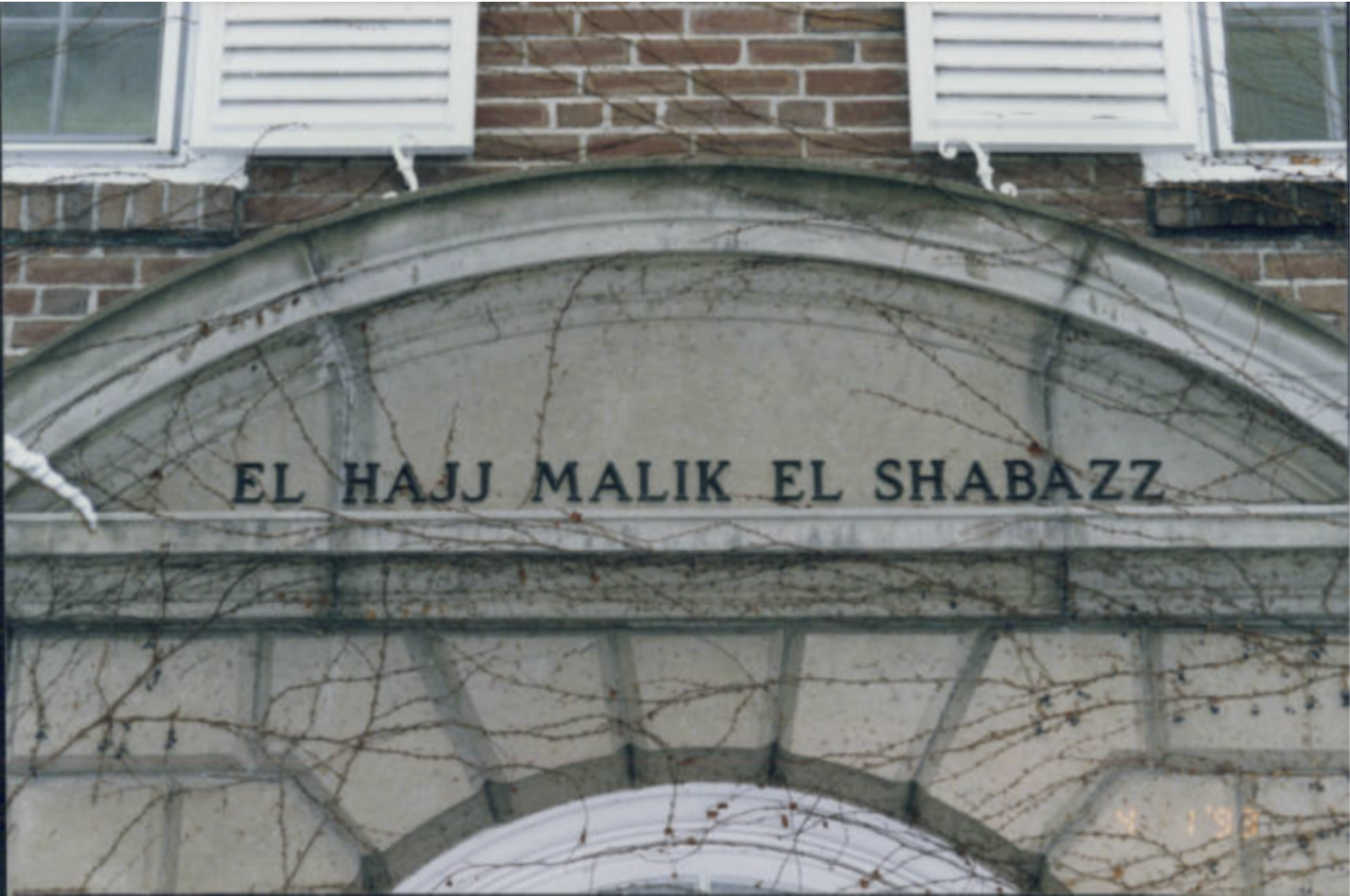history
Naturally, the Shabazz Murals did not appear overnight. The history that led to their creation begins with the start of Dartmouth College. This photo gallery presents a timeline of the panels and the events that led up to their commission. Follow the story and it will lead you through the past, the present, and the future of their legacy. Click on each image to learn more.
TODAY: 2018
Since the AAm relocated to Shabazz, it has served the students of Dartmouth as a space for community. Though the name change was officially recognized by the college, the building was still referred to as “The AAm” because it was the headquarters for the Afro-American society who maintained offices on the first floor. As more black students continued to enroll at Dartmouth who maintained different identities within the African Diaspora (such as African students and Caribbean students), there was a push to welcome them within the space and use a different common name than “the AAm.” Students adopted a casual push to refer to the building as “Cutter” or “Cutter-Shabazz” on a colloquial basis in the early 2000s. In Spring 2016, many students started to raise the concern about the name “Cutter” which did not honor the mission of the space or the presence of the Murals. The concern was also maintained because even the college acknowledge the name “Shabazz” by referring to it as “The Shabazz Center for Intellectual Inquiry.” One student in particular, Chloe Johnson ‘16, who was the Undergraduate Advisor for the dorm began to encourage its residents stop using the name Cutter altogether. That summer the building was closed for renovations and when it reopened in the fall of 2016 the dorm was opened to first year students. They applied to the LLC under the name “Shabazz” as it was written on the application. Since this time, the building come to be known by the name “Shabazz.”





